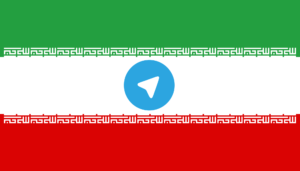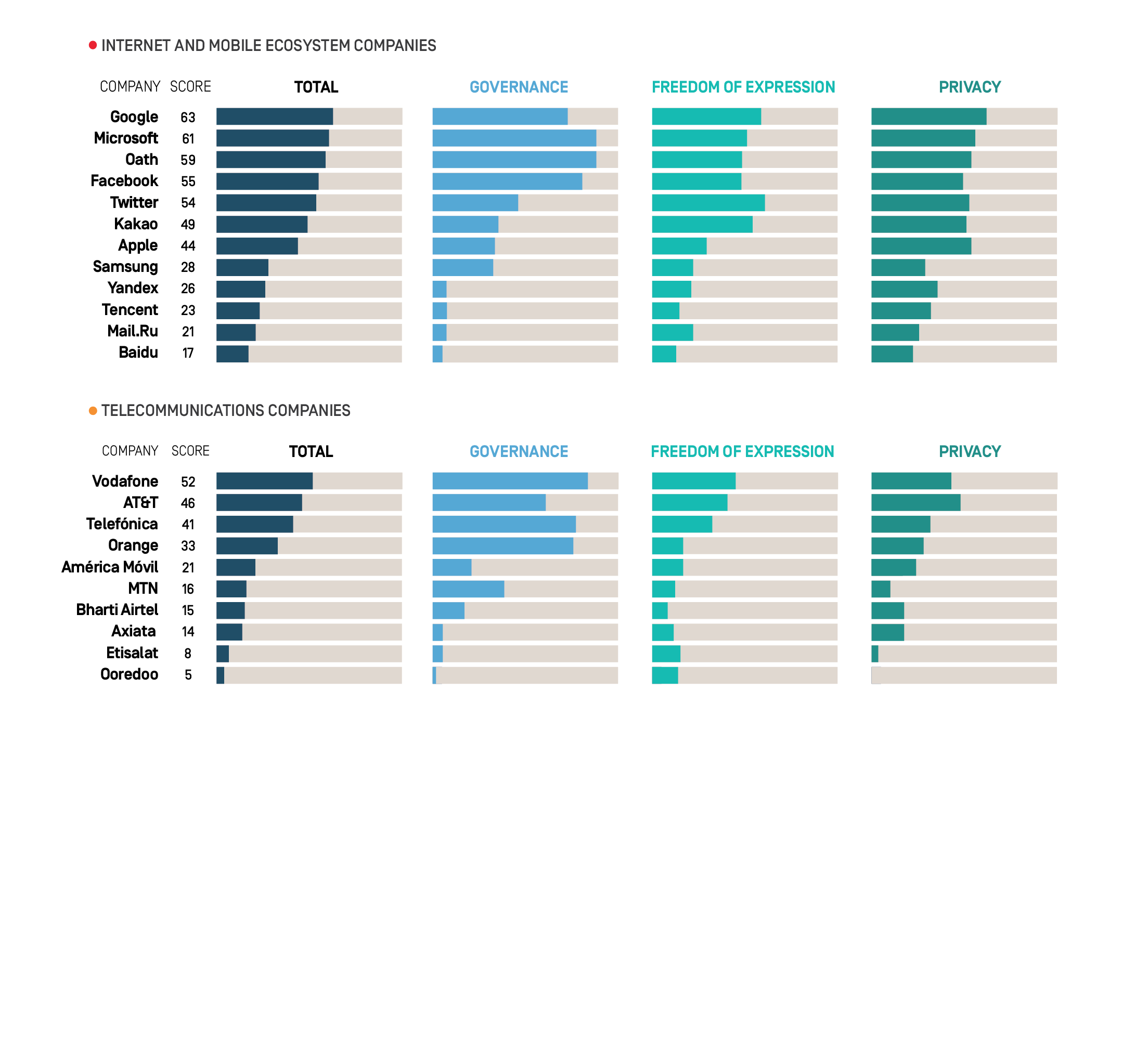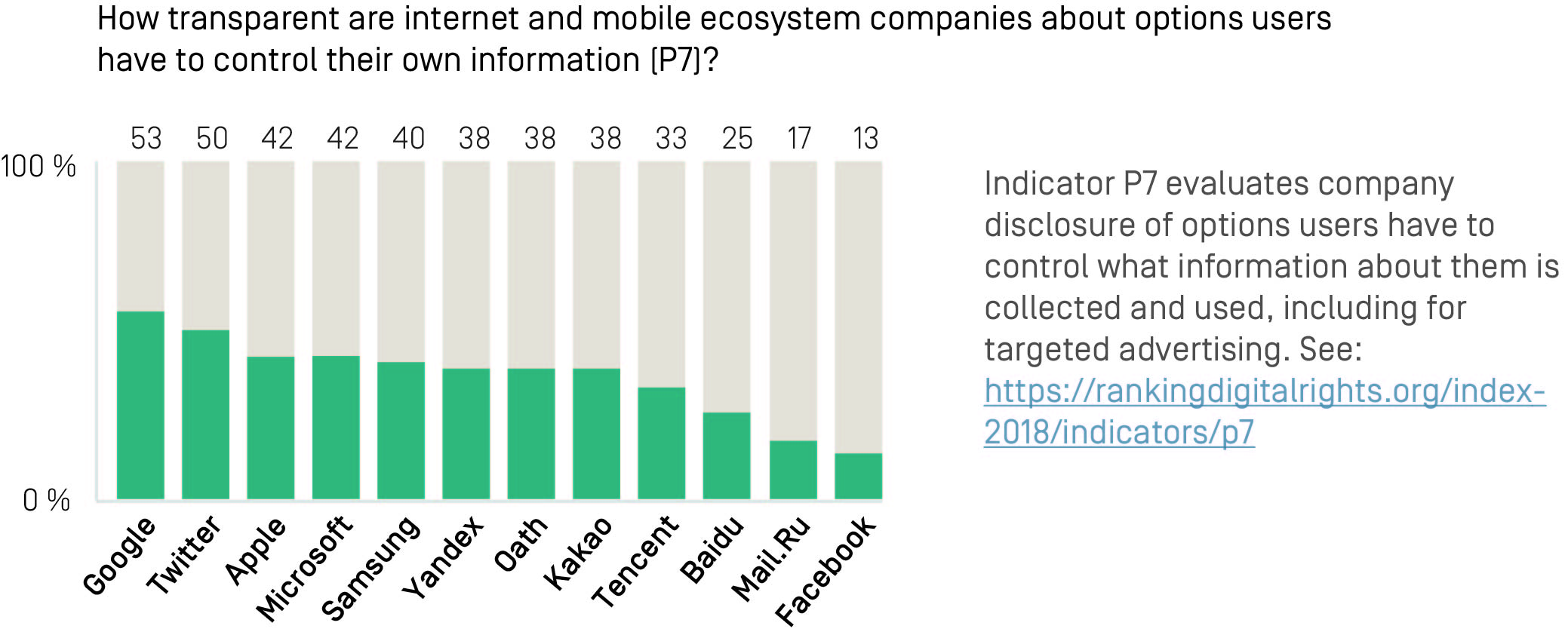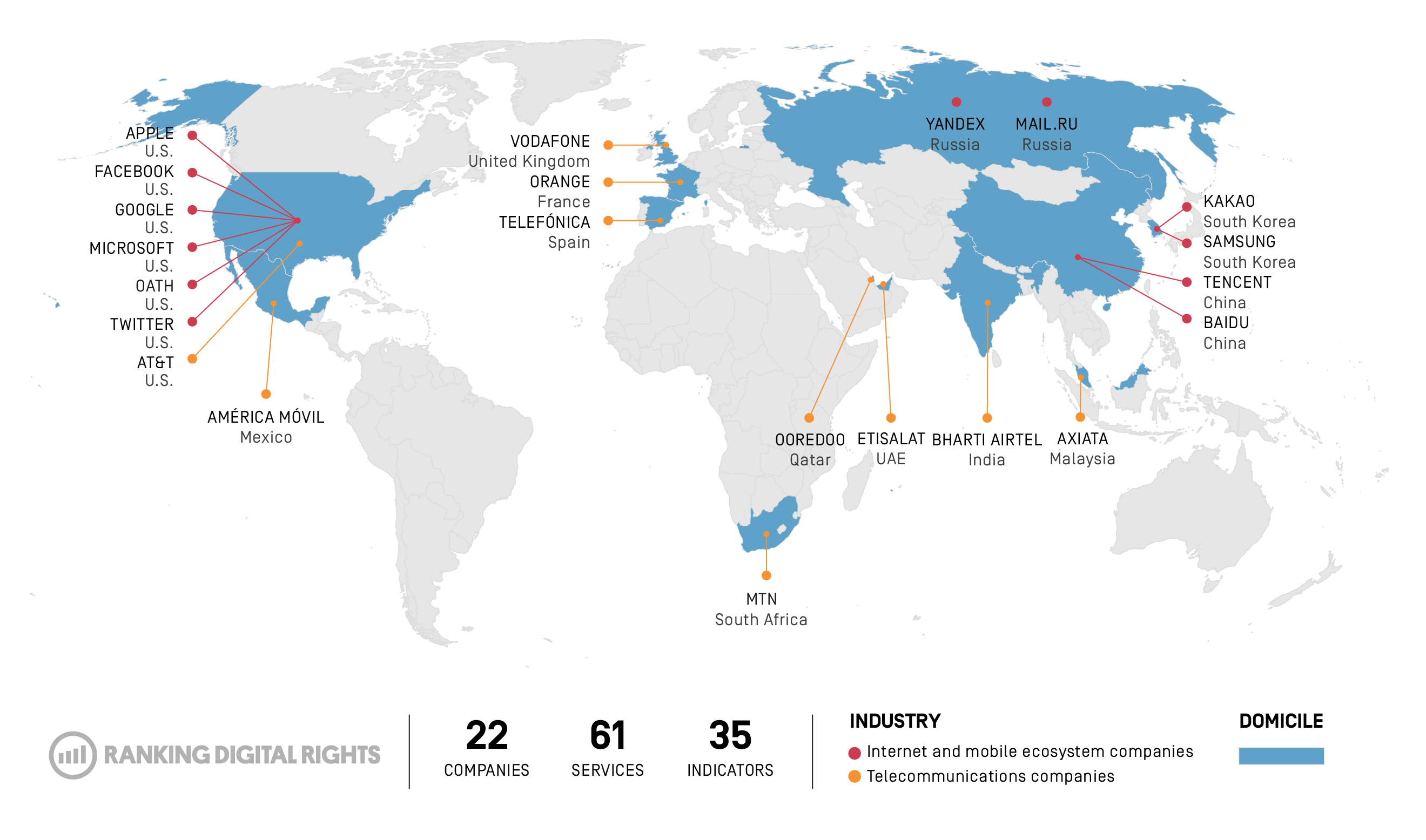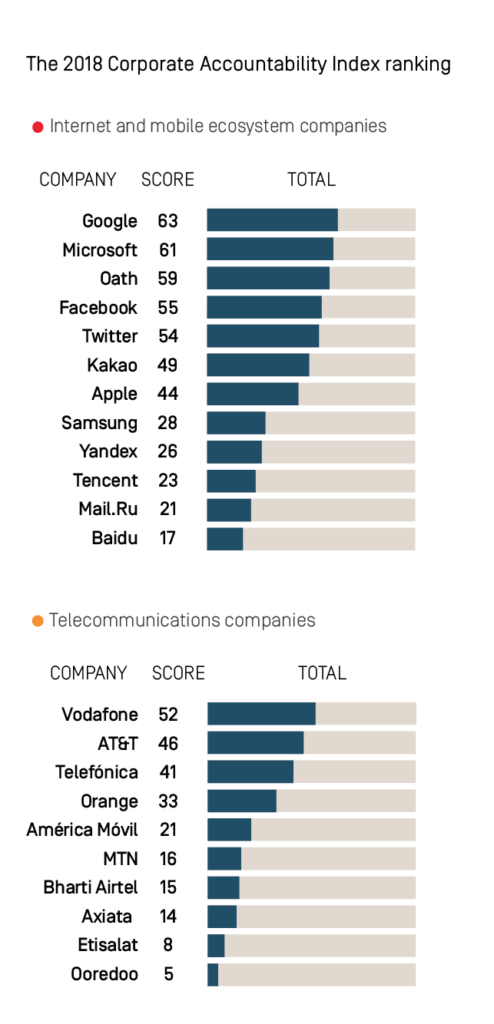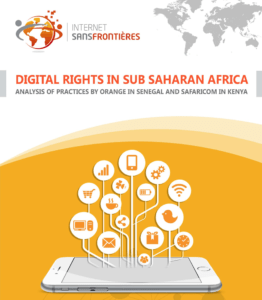10 May Egypt approves bill regulating ride-hailing services, Russian operators disrupted mobile services during protests, UK watchdog orders Cambridge Analytica to give American researcher his own data
Corporate Accountability News Highlights is a regular series by Ranking Digital Rights highlighting key news related to tech companies, freedom of expression, and privacy issues around the world.
Egypt approves controversial ride-hailing bill
The Egyptian parliament has approved a bill that would regulate ride-hailing apps operating in the country. The new law requires ride-hailing companies to store data locally and to retain user data for 180 days and share it with authorities “on request.” An earlier version of the bill had provisions giving authorities real time access to passenger and trip information, but those provisions were amended due to privacy concerns.
Uber and the Dubai-based ride-hailing app Careem already operate in Egypt. Egypt is Uber’s bigger market in the Middle East with 4 million riders and 157,000 drivers in 2017. Careem operates across 12 Middle Eastern countries countries and Pakistan. The company recently announced a breach that affected 14.5 million riders and drivers.
The two companies will have six months to comply with the new regulations. Despite the Egyptian government’s history of abusing its surveillance powers, both Uber and Careem welcomed the bill’s adoption. “This is a major step forward for the ride-sharing industry as Egypt becomes one of the first countries in the Middle East to pass progressive regulations,” Uber said.
Egypt is the second country in the region to pass legislation regulating such services. Earlier, this year Jordan adopted licensing conditions requiring ride-hailing services to provide the authorities with any requested user data stored in their databases, including information related to ‘’the driver, the car, the rider and the trip.’’
Companies should conduct regular, comprehensive human rights risk assessments that evaluate how laws affect freedom of expression and privacy in the jurisdictions in which they operate as well as assessments of freedom of expression and privacy risks when entering new markets or launching new products. Companies should also seek ways to mitigate risks posed by those impacts.
The 2018 Corporate Accountability Index found that internet, mobile and telecommunication companies do not disclose sufficient information about whether not they conduct such assessment, with eight companies failing to reveal any information at all.



